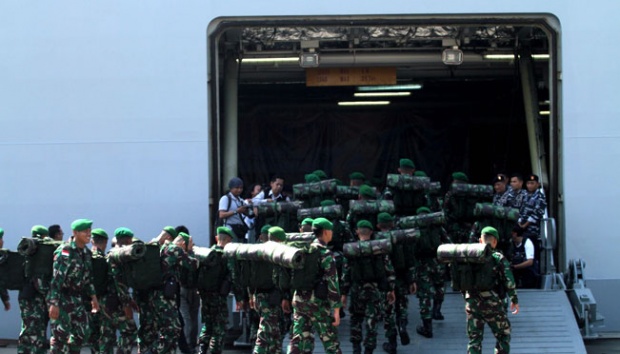

**Title: Security Breach: Unsecured Satellite Communications Reveal Confidential Data**
Recent investigations by teams from UC San Diego and the University of Maryland have uncovered concerning weaknesses in satellite communications, showing that confidential information from T-Mobile users, alongside government messages, can be captured using a relatively low-cost satellite receiver system.
### The Study
Throughout a three-year investigation, researchers employed an $800 commercially available satellite receiver mounted on a university facility in La Jolla, California. This configuration enabled them to intercept signals from geosynchronous satellites within their visual range. Unexpectedly, the researchers found that numerous satellite communications were not secured, which allowed them to gather a vast amount of personal information.
### Findings
The gathered data comprised:
– T-Mobile customer calls and text communications
– In-flight internet browsing activity from airline travelers
– Communications concerning crucial infrastructure, such as electric utilities and offshore oil and gas facilities
– Sensitive military and law enforcement messages from both the US and Mexico, disclosing the positions of personnel and equipment
The lead researcher, Aaron Shulman, remarked on the surprising absence of encryption, noting that the existing security strategies seemed to be based on the belief that no one would try to capture the signals.
### Response from Affected Companies
After identifying the vulnerabilities, the research team notified the companies and agencies whose information was compromised. T-Mobile reacted quickly by securing its communications, especially in rural regions where cellular towers rely on satellite connections for data relay. The company instituted comprehensive Session Initiation Protocol (SIP) encryption to safeguard signaling traffic, which encompasses call setups and text message details.
AT&T Mexico and Telmex were similarly impacted, with AT&T Mexico affirming that they have resolved the encryption concern.
### Implications
The information collected by the researchers represents merely a small portion of the overall quantity of unprotected communications being relayed via satellite. The limited geographic reach of a single receiver indicates that the extent of the issue is likely far greater on an international scale.
### Conclusion
This study underscores major security vulnerabilities in satellite communications, highlighting the pressing necessity for strong encryption measures to safeguard sensitive data. As technology advances, maintaining the security of communication channels remains an essential focus for both private enterprises and government entities.